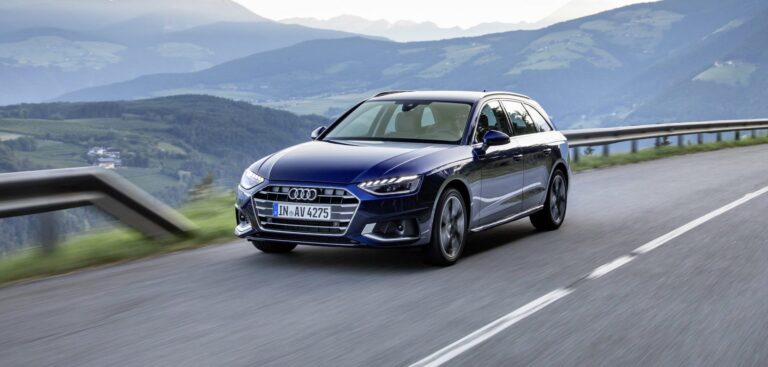Audi has converted all of its European vehicle range currently on sale to meet the strict new Euro 6d emission standards.
Despite the Covid-19 pandemic causing workhours to be lost, Audi used all of its available test rigs in Ingolstadt and Neckarsulm to certify 193 models to the new standards. The company say more will be verified in the coming months.
Euro 6d approval authorities state that a model is a combination of an engine and a transmission in connection with a certain body form. Having been in effect since early 2015, the Euro 6 emission standard has undergone multiple changes, notably, the limit value for nitrogen oxide output in cars with a diesel engine is now 80 milligrams per kilometer, and for a petrol engine 60 milligrams per kilometer.
Having come into effect for all new vehicles on January 1, 2021, the new Euro 6d-ISC-FCM’s main focus is on RDE (Real Driving Emissions), and vehicles must now comply to the above limits during RDE testing on the road under a specified set of conditions. A compliance value of 0.43 for the tolerances of measuring devices has been set, and in addition to this Euro 6 requires an onboard fuel consumption monitoring system, which Audi has implemented via a software upgrade in the ECU (engine control unit).
For both inline-four and V6 diesel engines, twin-dosing – a process in which exhaust gases are treated twice through a combination of catalytic converters and particulate filters – was a key factor to ensure the diesel variants stayed below set limits, while a focus was put on carbon particles released primarily in a cold-start scenario for the petrol models. Audi states that a considerable effort was made to ensure all vehicles undergoing testing were below the new emissions limits under all conditions.


